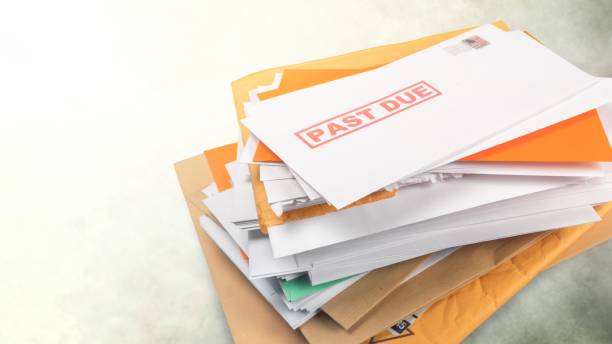Akermon Rossenfeld CO Lists 5 Ways They Help You Regain Financial Control
When businesses face delayed payments or non-responsive clients, it can lead to financial stress and disruption. Akermon Rossenfeld CO works with companies to address these issues through practical and clear strategies that help recover what is owed while keeping business operations stable. The company focuses on a process that balances fairness with results, helping clients regain control without added complications. Here are five ways Akermon Rossenfeld CO supports businesses in recovering their financial balance:
1. Customized Debt Recovery Strategies
Not all overdue accounts are the same. Some clients may be late due to cash flow issues, while others might have disputes or communication gaps. A one-size-fits-all approach rarely works well in these situations. This is why it’s helpful to build recovery plans that are based on the specific circumstances surrounding each case.These strategies may include flexible payment options, repayment schedules, or settlements that allow both parties to move forward. By focusing on realistic solutions rather than rigid demands, businesses increase the likelihood of recovering payments without losing valuable relationships.
2. Effective Communication with Debtors
Communication plays a major role in resolving unpaid accounts. Aggressive language or pressure can cause resistance, while ignoring the issue allows the debt to remain unresolved. Clear, respectful communication helps to reopen the conversation and keeps both sides focused on finding a resolution.Often, simply hearing the debtor’s situation and offering a path forward can restart stalled conversations. This step also allows businesses to show professionalism, even during difficult interactions. It encourages cooperation, which is often more productive than confrontation.
3. Tools to Locate and Reconnect
Some clients become unreachable phone numbers change, emails bounce, and physical addresses no longer apply. When this happens, locating the right contact point becomes a barrier to resolving the issue. With the right tools, businesses can identify updated contact information and reconnect with individuals or companies who have gone quiet.This process involves more than just looking up a phone number. It often includes verifying public records, reviewing business databases, and searching for alternate contacts. Re-establishing communication is the first step toward negotiating repayment or clearing up any misunderstandings that caused the delay.
4. Regular Status Reports
Debt recovery isn’t just about getting results; it’s also about knowing where things stand. When a business is working with an outside agency or internal team to manage collections, being left in the dark adds unnecessary stress. That’s why regular updates can make a big difference.Status reports that include dates of contact, debtor responses, and next steps help business owners track progress. It also gives them the ability to respond quickly if there’s a change in the situation, such as new legal requirements or changes in client behavior. Being informed allows for better planning and fewer surprises.
5. Protecting Long-Term Business Interests
Recovering funds is important, but it should not come at the cost of long-term business health. In many cases, companies rely on customer loyalty, referrals, or long-standing contracts. If debt recovery is handled poorly, it can damage those relationships and hurt the business in other ways.By approaching the recovery process with care and balance, companies can recover payments while preserving their professional image. This helps prevent harm to their reputation and keeps the door open for future interactions, if appropriate. Respectful communication and practical terms show that the business is serious about getting paid, but not at the expense of treating people fairly.
Each of these steps plays a role in helping businesses regain a sense of control over their finances. While unpaid invoices can affect cash flow and planning, they do not have to derail operations completely. Through consistent effort, smart planning, and a measured approach, companies can recover what they are owed and strengthen their position moving forward.
By focusing on problem-solving rather than pressure, and on communication rather than conflict, the debt recovery process becomes something that helps not harms the overall goals of a business. This kind of structure is useful not just for collecting payments, but also for setting a standard in how a company handles challenges across the board.




Comments
Post a Comment